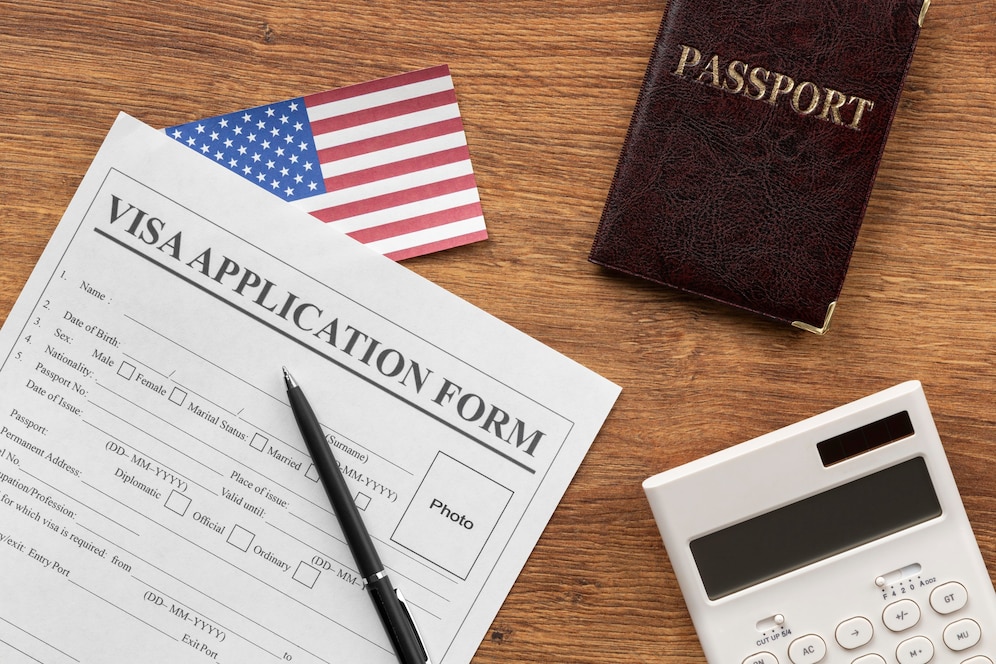The rate of US F1 visa denials to Nigerian applicants reached a new high in 2022, with as many as two in three applicants denied.
According to an Associate Director of International Enrolment at an American university, many have been denied more than once, some even up to four times.
Other study abroad counsellors also pointed out that the denial rates for students in the Sub-Saharan Africa region are generally trending low.
Reasons for visa denials: The 2022 Open Doors data indicates that there were 14,438 Nigerian and 4,916 Ghanaian students in the US, up from 12,860 and 4,229 compared to 2021. Yet, according to him, consular officers “have often highlighted concerns over student finances, forged documents, missing strong ties to home country, and students not being well prepared for US education”.
Also, the fact that many Nigerian students in the US refuse to return home after their US visa expires makes it harder for others to get visas.
What consultants are saying: Some educational agents working in the region spoke about their perceived reasons for visa denials.
A consultant at Seed Educational Consulting summed up the central issues saying that many from Sub-Saharan Africa either have an uncle as their sponsor, or their age is higher than what is required for undergrad studies, or their gap years can’t be explained, or they can’t explain why they are going for the program they chose.
Indeed, demonstrating proof of strong home ties, sufficient funding from parents or direct caregivers and being able to extensively articulate reasons for choosing specific universities and programs of study were themes that resounded with counsellors.
How to ensure successful visa application: A Senior Consultant at an international student agency, advised students to seek scholarships or tuition discounts which may help to increase their chances of a straightforward visa process that will end in approval. He said:
- “Some consulars may have a subconscious impression that students from the Sub-Saharan region aren’t financially capable which is a valid reason…..but with a scholarship, their worries will lighten.”
- Advice he gives to applicants is for them to be extremely knowledgeable about their course of study such information as the modules, the top five courses in the program, the program director, lecturers, etc.
- Finally, he suggested applicants should be able to relate their reasons for pursuing a degree in the US to their educational background and experiences instead of the same applicants saying the exact same thing as you. Instead, it is better to relate every answer given during the interview to a personal and convincing story.
- A senior managing consultant at Come Study International tells students to research well and try to explain their background, reasoning, and rationale behind all their answers as no one is going to spoon-feed them.












INSIGHTFUL.